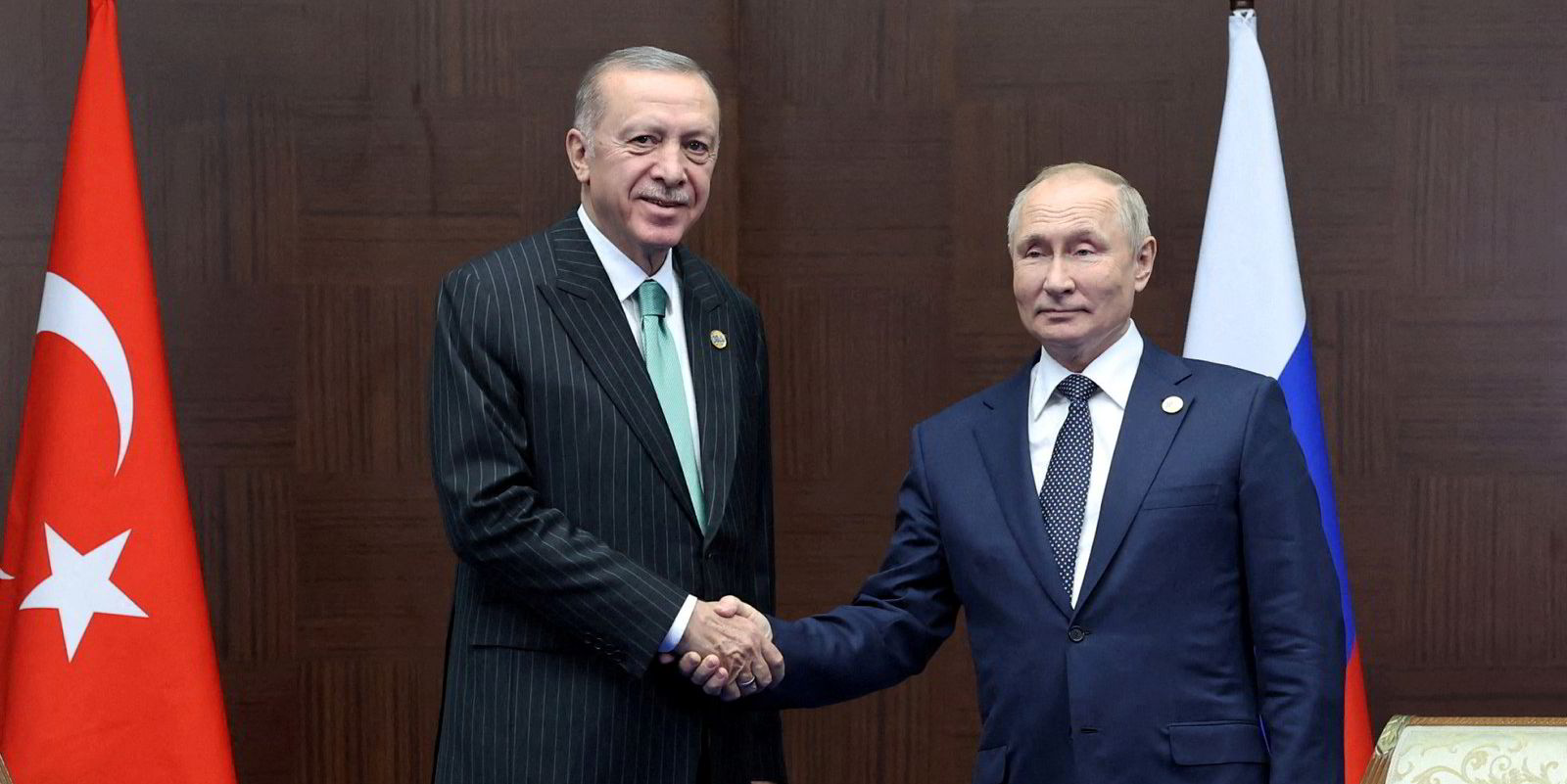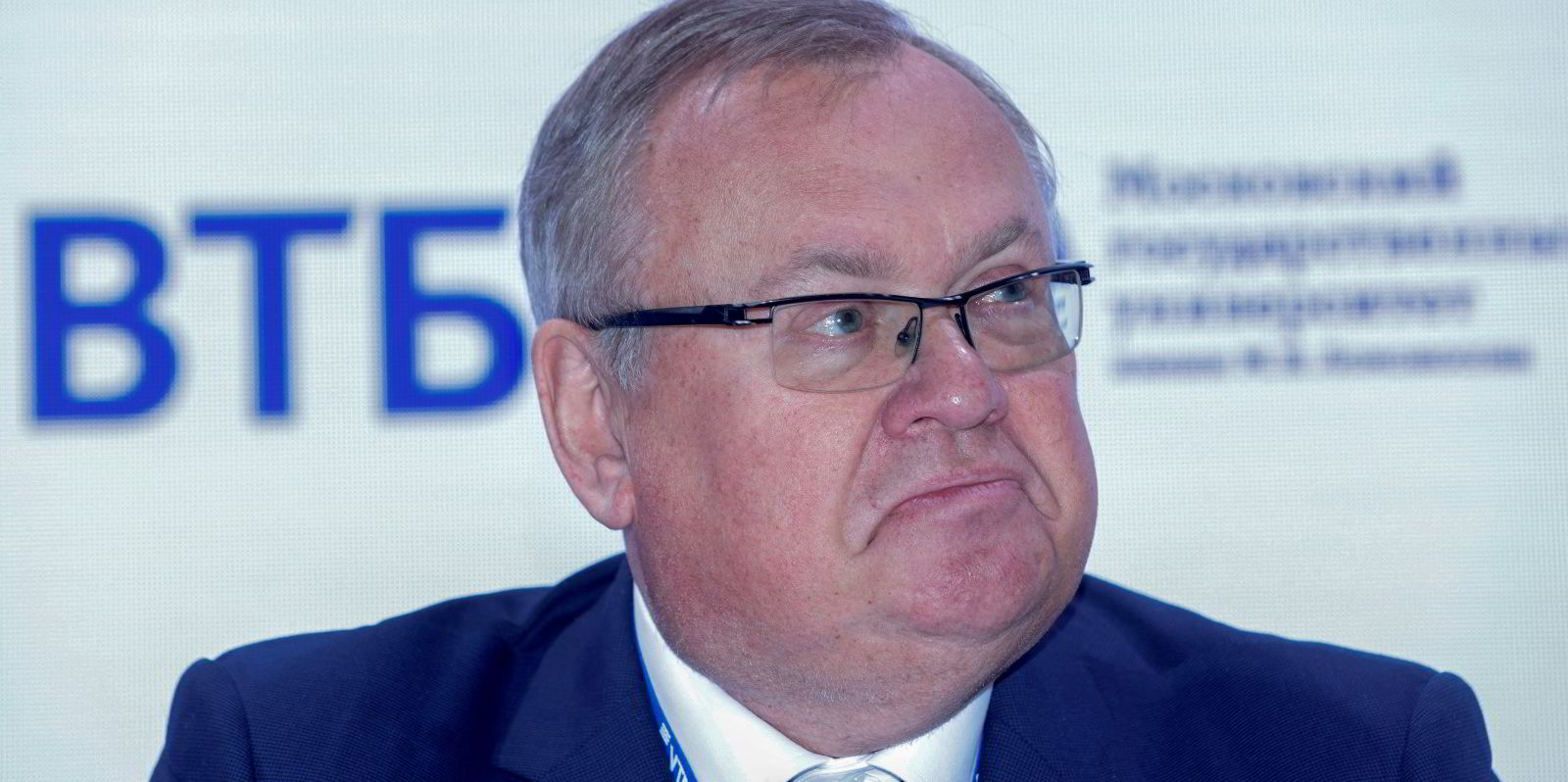Tanker markets are in “disarray”, with midsize crude tanker rates into Europe forced upwards as owners race to beat the 5 December ban on Russian crude imports, says Lorentzen & Co.
Trade flows are changing at “breakneck speed” as the industry tries to prepare for the ban, coupled with a US-inspired price cap plan that is yet to be fully outlined, the Oslo-based broker said.
Brokers have reported a likely shortfall in Russia-related tonnage after 5 December if Moscow wants to maintain its levels of exports in the event of an exodus of EU and G7-linked ships.
But the few details around the price cap; lack of clarity about new tanker owners after a period of frenetic secondhand sales activity; and uncertainty surrounding major Russian consumers India and China has led to volatility in rates.
The Baltic Exchange dirty tanker index hit 1,823 on Friday, its highest level since October 2019.
The industry has warned of a two-tier market, with owners of ageing tankers seeking to take advantage of premium rates to move into Russian trades, despite the potential risk of reputational damage and loss of trade in mainstream markets.
Broker Gibson reported on Friday that some 200 ships could leave Russian trades on 5 December because of the sanctions.
“As world energy maps, and indeed trade flows, are changing at a breakneck speed, oil tanker markets are in disarray,” said Lorentzen chief shipping analyst Nicolai Hansteen.
“Dozens if not hundreds of the midsize tankers that have been carrying oil out of Russia could re-enter non-Russian trades now that the EU ban is coming in place, saturating the rest of the market.”
Broker Braemar warned this month of a shortfall of 100 tankers if Russia wants to continue exporting crude at current levels after the EU ban is introduced, along with other restrictions on EU-supplied insurance and finance.
But it said the story is different for gasoil exports. The Russian fleet, coupled with tankers redirected after recent sales, would largely fill the gap, according to researcher Anoop Singh.
JP Morgan said last week that the availability of tankers would have a big impact on energy prices next year.
“Russia will likely eventually be able to source sufficient tanker capacity to deliver its oil, but not just yet,” said its head of global commodities strategies, Natasha Kaneva.
“Today, we believe the country is at least 1m barrels per day short, necessitating production cuts.”





